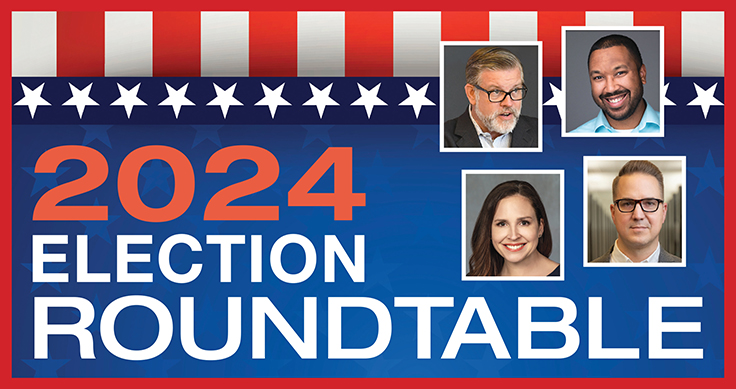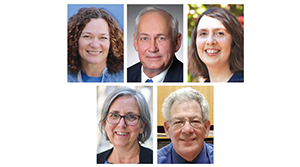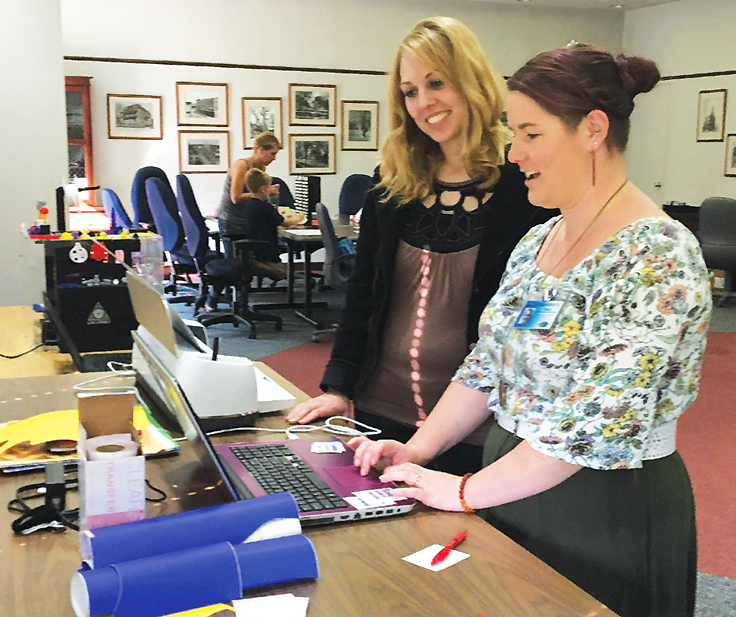People
To help break down the relevant library issues in this election year, LJ convened a roundtable of experts including John Chrastka of EveryLibrary; Nick Grove of Meridian Library District, ID; Jason Kucsma of Toledo Lucas County Public Library, OH; and Representative Ashley Hudson from the Arkansas House of Representatives. They covered everything from voter engagement strategies for libraries on the ballot to book ban advocacy in challenging districts to engaging the electorate in an important presidential election year.
We interviewed five directors of new or returning 2021 Star Libraries to learn how their libraries were positioned to cope with the pandemic, how they changed their operations to cope with the pandemic, and how their libraries rose to the challenges of the pandemic.
The 2021 ParkScore rankings, conducted annually by the Trust for Public Land, show a significant shakeup. It’s not because of major changes to the parks in the past year, but to the scoring: this year the Trust added equity to its decision matrix, which includes access, investment, amenities, and acreage. The resulting change in the lineup of top-scoring park systems shows how inadequate measuring overall access is for learning whether everyone is well served.
In summer 2016, four librarians—Jessica Anne Bratt, Amita Lonial, Sarah Lawton, and Amy Sonnie—created Libraries 4 Black Lives (L4BL), an online space for libraries to support the Movement for Black Lives and develop a support community for advocates doing racial justice work in libraries. While L4BL is no longer active, Bratt, youth services manager at the Grand Rapids Public Library, MI, has continued her advocacy and social justice work. LJ recently caught up with her to find out more about what she’s been doing.
At many of our institutions, student-parents—students with one or more dependent children—are a growing population. Research in higher education has long demonstrated that student-parents face a number of obstacles to completing degrees and participating in college experiences. Academic librarians, however, have done little work to study what student-parents uniquely need to succeed academically.
There will always be a place in libraries for people to fill traditional roles in programming, collection development, and working with children or teens. But many recent graduates earning their MLS (or equivalent degree) have learned new competencies that are increasingly in demand.
ALREADY A SUBSCRIBER? LOG IN
We are currently offering this content for free. Sign up now to activate your personal profile, where you can save articles for future viewing






